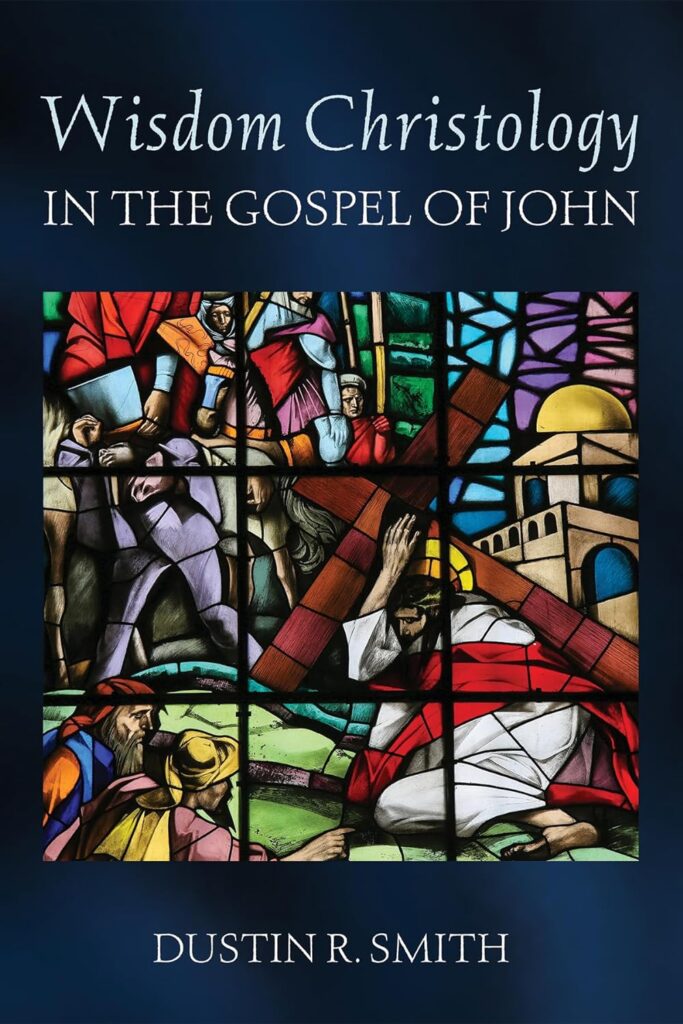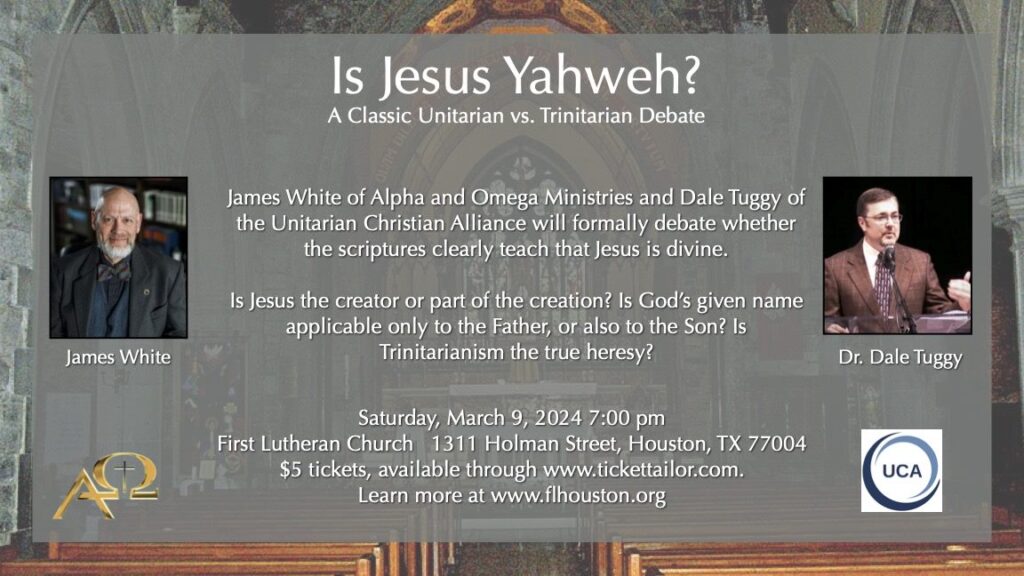
UCA member (and frequent presenter) Dr. Dustin Smith has just published Wisdom Christology in the Gospel of John with Wipf & Stock. This scholarly monograph surveys and makes accessible an impressive array of recent biblical scholarship on the theme of wisdom Christology, in his words,
where the biblical authors apply various attributes, traits, characteristics, and roles that were originally associated with the personified wisdom of Israel’s God to the figure of Jesus Christ.
(p. 1)
This character Lady Wisdom will be familiar to all readers of Proverbs 1-9. But as Smith shows, this is just the tip of the iceberg as far as personifying wisdom. In his second chapter Dr. Smith surveys, as it were, the “pilgrimage” of this character through ancient Jewish literature, including biblical, deuterocanonical, and other books. Many of these books would have been familiar to the authors of the New Testament and their audiences. Thus, they may be relevant to understanding what those New Testament books really meant. Despite the creative imaginations of trinitarian interpreters, it is what comes before a writing, not what comes long after it, which helps to orient us into the author’s mindset.
His first chapter nicely introduces the idea of Wisdom Christology and surveys how this can be found in the New Testament in the letters of Paul, the letter to the Hebrews, and the first three gospels.
In his third chapter Smith argues, I think convincingly, that the Logos (Word) of John 1:1-18 is to be understood as a personification of God’s Word/Wisdom rather than a literal person. (More on that in this interview.) Dr. Smith provides us with a list of 20 (!) parallels between the language of John’s prologue and earlier wisdom literature (77-79).
The rest of the book (chapters 4-9) argues that the rest of this gospel continues this theme of Jesus as the embodiment of God’s wisdom. Many UCA members will be particularly interested in the treatment of texts in John which are often taken to imply Jesus’ pre-human existence (82-85, 217-18) or his descent from and ascent to heaven (105-7).
I was not as convinced by this portion of the book; he is arguing for causal influence from earlier wisdom literature to the fourth gospel (214-15), but it’s not clear to me that all the similarities support that thesis, e.g. “the hiddenness of Jesus as he escapes his enemies” (174) and “the inaccessibility of the wisdom of God” in Job 28:12-28. But Dr. Smith is taking a maximalist approach, gathering together all the alleged influences in John from wisdom literature that have been urged by recent interpreters. These will of course vary in plausibility, and one can accept the general thesis while rejecting some of the alleged examples of influence.
In sum, Dr. Smith succeeds at his goals of making a lot of recent biblical scholarship accessible to the non-scholar, and showing that earlier wisdom literature is an important interpretive key to understanding the original meaning of the Gospel According to John.
You can get the book at Amazon, or for Logos Bible software.
To hear Dr. Smith discussing these ideas check out his presentations below on Wisdom incarnate in Jewish sources at the 2023 UCA Conference and his 2024 conversation about this book on Sam Tideman’s Transfigured podcast.






